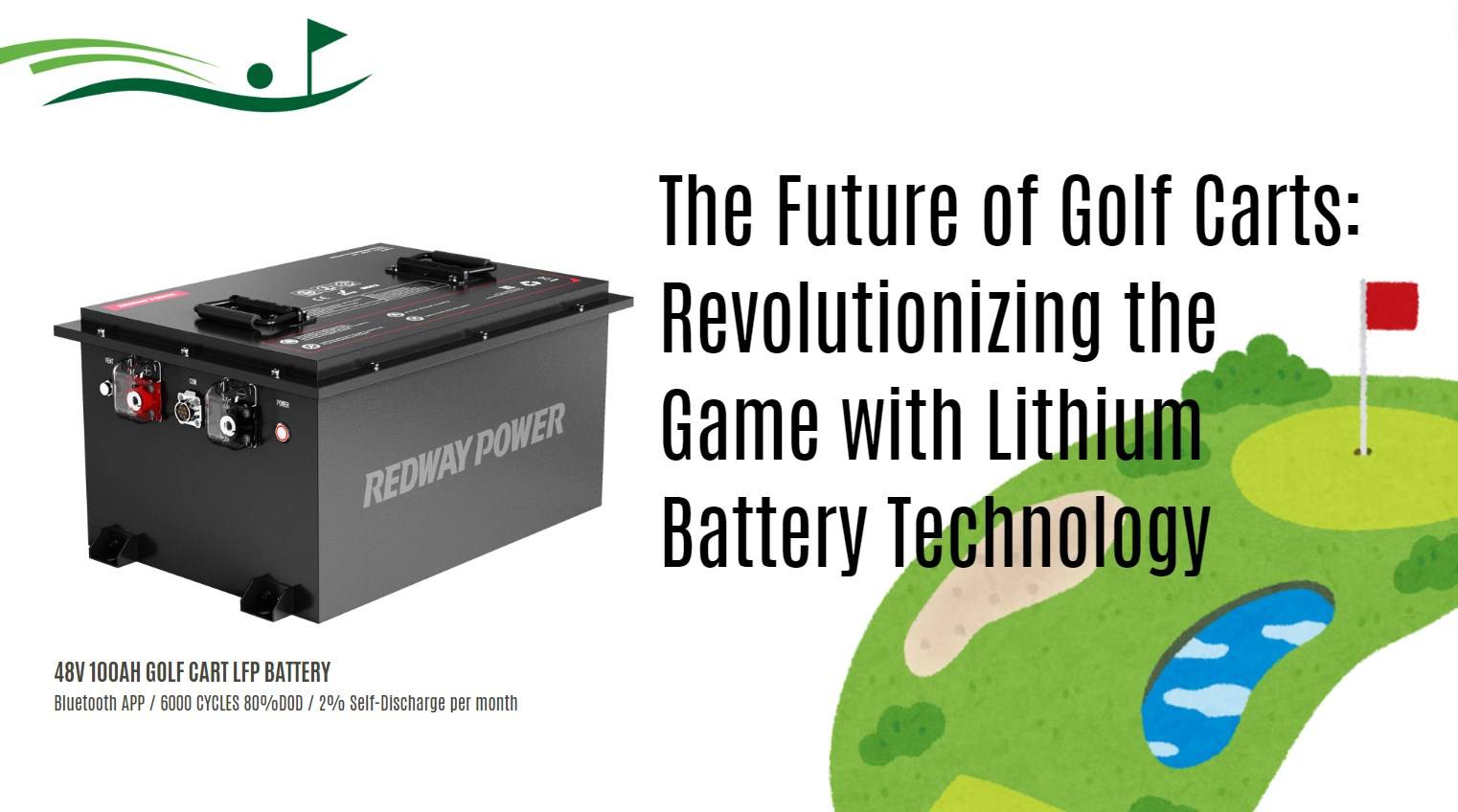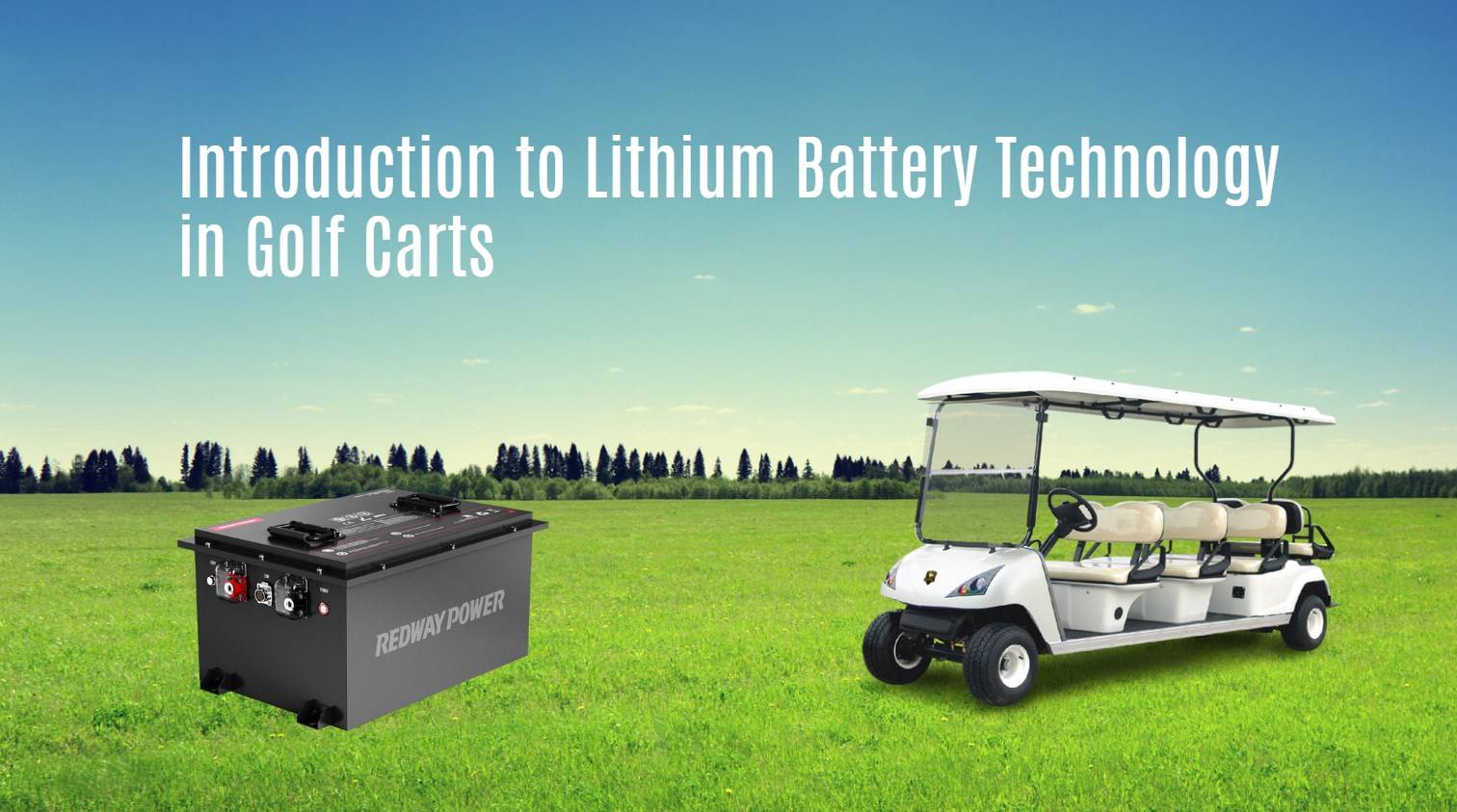- Forklift Lithium Battery
-
48V
- 48V 210Ah
- 48V 300Ah
- 48V 420Ah (949 x 349 x 569 mm)
- 48V 420Ah (950 x 421 x 450 mm)
- 48V 456Ah
- 48V 460Ah (830 x 630 x 590 mm)
- 48V 460Ah (950 x 421 x 450 mm)
- 48V 460Ah (800 x 630 x 600 mm)
- 48V 460Ah (820 x 660 x 470 mm)
- 48V 500Ah
- 48V 560Ah (810 x 630 x 600 mm)
- 48V 560Ah (950 x 592 x 450 mm)
- 48V 600Ah
- 48V 630Ah
-
48V
- Lithium Golf Cart Battery
- 12V Lithium Battery
12V 150Ah Lithium RV Battery
Bluetooth App | BCI Group 31
LiFePO4 Lithium
Discharge Temperature -20°C ~ 65°C
Fast Charger 14.6V 50A
Solar MPPT Charging - 24V Lithium Battery
- 36V Lithium Battery
- 48V Lithium Battery
-
48V LiFePO4 Battery
- 48V 50Ah
- 48V 50Ah (for Golf Carts)
- 48V 60Ah (8D)
- 48V 100Ah (8D)
- 48V 100Ah
- 48V 100Ah (Discharge 100A for Golf Carts)
- 48V 100Ah (Discharge 150A for Golf Carts)
- 48V 100Ah (Discharge 200A for Golf Carts)
- 48V 150Ah (for Golf Carts)
- 48V 160Ah (Discharge 100A for Golf Carts)
- 48V 160Ah (Discharge 160A for Golf Carts)
-
48V LiFePO4 Battery
- 60V Lithium Battery
-
60V LiFePO4 Battery
- 60V 20Ah
- 60V 30Ah
- 60V 50Ah
- 60V 50Ah (Small Size / Side Terminal)
- 60V 100Ah (for Electric Motocycle, Electric Scooter, LSV, AGV)
- 60V 100Ah (for Forklift, AGV, Electric Scooter, Sweeper)
- 60V 150Ah (E-Motocycle / E-Scooter / E-Tricycle / Tour LSV)
- 60V 200Ah (for Forklift, AGV, Electric Scooter, Sweeper)
-
60V LiFePO4 Battery
- 72V~96V Lithium Battery
- Rack-mounted Lithium Battery
- E-Bike Battery
- All-in-One Home-ESS
- Wall-mount Battery ESS
-
Home-ESS Lithium Battery PowerWall
- 24V 100Ah 2.4kWh PW24100-S PowerWall
- 48V 50Ah 2.4kWh PW4850-S PowerWall
- 48V 50Ah 2.56kWh PW5150-S PowerWall
- 48V 100Ah 5.12kWh PW51100-F PowerWall (IP65)
- 48V 100Ah 5.12kWh PW51100-S PowerWall
- 48V 100Ah 5.12kWh PW51100-H PowerWall
- 48V 200Ah 10kWh PW51200-H PowerWall
- 48V 300Ah 15kWh PW51300-H PowerWall
PowerWall 51.2V 100Ah LiFePO4 Lithium Battery
Highly popular in Asia and Eastern Europe.
CE Certification | Home-ESS -
Home-ESS Lithium Battery PowerWall
- Portable Power Stations
How Lithium Battery Technology Is Revolutionizing the Future of Golf Carts

The future of golf carts is being transformed by lithium battery technology, which offers significant advantages over traditional lead-acid batteries. These advancements not only enhance performance and efficiency but also contribute to a more sustainable golfing experience. This article explores how lithium batteries are reshaping the golf cart landscape.
What Are the Advantages of Lithium Batteries in Golf Carts?
Lithium batteries provide several key benefits that make them an attractive choice for golf carts:
- Longer Lifespan: Lithium batteries typically last 10 years or more, significantly outpacing the 3-5 years of lead-acid batteries.
- Faster Charging: They can charge up to three times faster than lead-acid batteries, allowing for quick turnarounds between rounds.
- Weight Efficiency: Lithium batteries are much lighter, improving the overall performance and handling of the golf cart.
- Deeper Discharge Capabilities: Users can safely discharge lithium batteries up to 80%, compared to 50% for lead-acid options.
Chart: Comparison of Battery Advantages
| Advantage | Lead-Acid Batteries | Lithium Batteries |
|---|---|---|
| Lifespan | 3-5 years | 10+ years |
| Charging Time | 8-12 hours | 2-4 hours |
| Weight | Heavy | Lightweight |
| Depth of Discharge | Up to 50% | Up to 80% |
How Does Lithium Battery Technology Improve Golf Cart Performance?
The integration of lithium battery technology enhances golf cart performance in several ways:
- Increased Range: With higher energy density, lithium batteries allow for longer distances on a single charge, making them ideal for larger courses.
- Consistent Power Output: Lithium batteries provide stable voltage throughout their discharge cycle, ensuring consistent power delivery to the motor.
- Reduced Maintenance: Unlike lead-acid batteries, lithium batteries require minimal maintenance, reducing downtime and service costs.
Chart: Performance Metrics
| Metric | Lead-Acid Batteries | Lithium Batteries |
|---|---|---|
| Range per Charge | Lower | Higher |
| Voltage Stability | Variable | Consistent |
| Maintenance Needs | High | Low |
Why Is Sustainability Important in Golf Cart Technology?
Sustainability is becoming a crucial consideration in all aspects of transportation, including golf carts. Lithium batteries contribute to sustainability in several ways:
- Lower Environmental Impact: They produce fewer emissions during production and use compared to traditional lead-acid batteries.
- Recyclability: Lithium-ion batteries can be recycled, allowing valuable materials to be recovered and reused, minimizing waste.
- Energy Efficiency: The higher efficiency of lithium batteries means less energy is wasted during operation, contributing to a more sustainable energy cycle.
Expert Insight
“Transitioning to lithium battery technology in golf carts not only enhances performance but also aligns with global sustainability goals,” says Dr. Michael Green, an expert in renewable energy technologies. “This shift can significantly reduce the environmental footprint of recreational vehicles.”
What Are the Cost Implications of Switching to Lithium Batteries?
While lithium batteries come with a higher upfront cost compared to lead-acid options, they often result in long-term savings:
- Initial Investment: Lithium batteries typically range from $800 to $2,500, while lead-acid options can cost between $150 and $800.
- Total Cost of Ownership: Considering lifespan, maintenance, and replacement frequency, lithium batteries may prove more economical over time.
Chart: Cost Comparison Over Time
| Battery Type | Initial Cost | Lifespan | Total Cost Over 10 Years |
|---|---|---|---|
| Lead-Acid | $300 – $800 | 3-5 years | $1,500 – $3,000 |
| Lithium | $800 – $2,500 | 10+ years | $800 – $2,500 |
How Is Technology Advancing in Golf Cart Lithium Batteries?
Recent advancements in lithium battery technology are pushing the boundaries of what is possible for golf carts:
- Smart Battery Management Systems (BMS): These systems monitor battery health and performance in real-time, optimizing charging cycles and extending lifespan.
- Integration with Renewable Energy: Many new golf carts equipped with lithium batteries can be charged using solar panels or other renewable sources, further enhancing sustainability.
Industrial News
The golf cart industry is witnessing a shift toward electric models powered by advanced lithium battery technology. Manufacturers are investing heavily in research and development to improve battery efficiency and reduce costs. As consumer demand for eco-friendly solutions grows, innovations such as smart BMS and renewable energy integration are becoming standard features in new golf cart designs.
FAQs
How long do lithium golf cart batteries last?
Lithium golf cart batteries typically last between 10 to 15 years, depending on usage and maintenance practices.
Are there any environmental benefits to using lithium batteries?
Yes, lithium batteries produce fewer emissions during use and can be recycled at the end of their life cycle.
Can I use my existing charger with a lithium battery?
Not always; ensure your charger is compatible with lithium technology or purchase a suitable charger.
What maintenance do lithium golf cart batteries require?
Lithium batteries require minimal maintenance but should be regularly inspected for connections and charged correctly.
Do lithium batteries perform better in colder weather?
Lithium batteries generally perform better than lead-acid ones in cold conditions but may still experience reduced efficiency at very low temperatures.By understanding the future potential of lithium battery technology in golf carts, consumers can make informed decisions that enhance their golfing experience while contributing positively to environmental sustainability.













